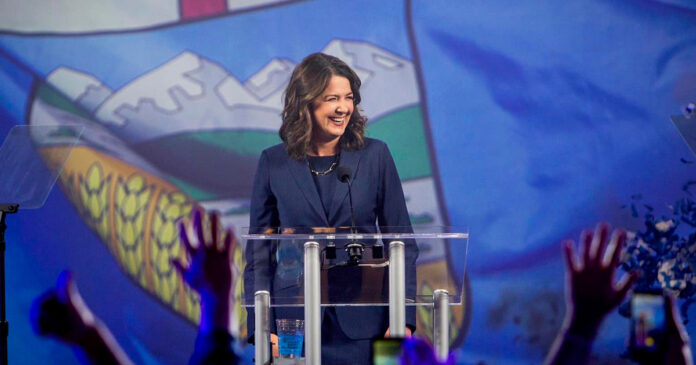The Ontario government has unveiled its plan to invest in more wind, solar and hydroelectric power generation as the province prepares to meet the projected demand for electric vehicle usage.
Energy Minister Todd Smith announced on Monday that the province will look at expanding capabilities over the next two to three decades – with completion dates being projected into 2050.
“Today’s report, the Powering Ontario’s Growth plan, commits us to working towards a 100% clean grid,” claimed Smith.
“Hopefully the federal government can get on board with our intentions to build this clean generation as quickly as possible … That will put us in a much better position to use our natural gas facilities less in the future, if we can get those new projects online.”
The plan also includes exploring two new pump storage projects, which can store excess energy when demand is low and release it when demand is high. Pump storage can provide energy for up to eight hours, compared to four hours via battery storage.
However, the plan does not rule out the use of natural gas with Smith saying that the province is not ready to commit to a total ban on natural gas, which currently provides about 10% of Ontario’s electricity.
He said natural gas is still needed as a backup source when renewable energy is not available.
Some have raised questions about the reliability of wind and solar power, which depend on fickle weather conditions.
Last month, several regions in Canada and the US experienced a total decline in wind power generation, as wind speeds slowed down to almost zero.
Solar power also fluctuates depending on the time of day and cloud cover. According to SecondStreet.org, a think tank that advocates for free markets and consumer interests, these factors make wind and solar power weak business cases for Canada’s energy needs.
“At this point, the business case behind using solar and wind power is often very weak because these two sources of power are often unreliable – the sun doesn’t always shine and the wind doesn’t always blow,” said SecondStreet.org president Colin Craig.
The government also said it will continue to support existing nuclear power plants, which provide about 60% of Ontario’s electricity.
Smith’s announcement comes as the federal government prepares to unveil its Clean Electricity Regulations, which is expected to clamp down on the use of natural gas and coal for electricity generation.



























